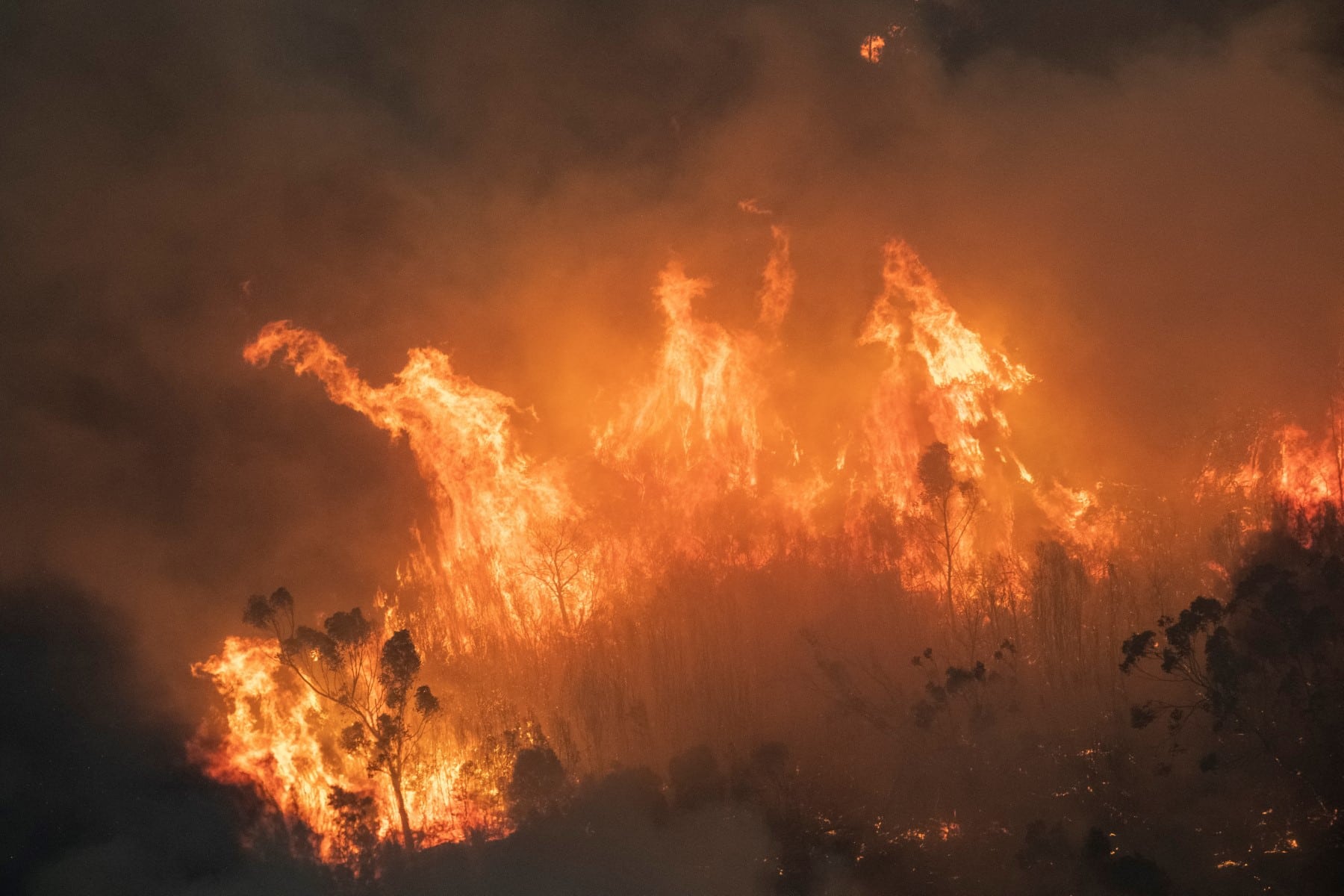
A handout photo taken and received on December 31, 2019 from the State Government of Victoria shows raging bushfires near Bairnsdale in Victoria’s East Gippsland region. FILE PHOTO/Agence France-Presse
SYDNEY — Dozens of bushfires were burning across Australia’s Victoria state Sunday, authorities said, forcing the evacuation of residents and destroying at least one home.
Strong winds and high temperatures sparked 80 fires on Saturday, which hundreds of firefighters are battling.
Two fires in the state’s western and southern regions are the most “challenging”, fire authorities said Sunday, and would likely burn for “quite some time”.
READ: Australian homes destroyed in bushfires, ‘extreme’ heat ahead
Victorian emergency management commissioner Rick Nugent added the two fires had burnt more than 1,900 hectares and were not yet under control.
“There are stock and agricultural losses in those areas and our teams will continue to make assessments of the impact throughout the day.”
At least one home has been destroyed in the western part of the state, but there are fears more homes were lost.
Among the hundreds of residents evacuated were 10 hikers from a national park, fire authorities said Sunday.
There were no reported deaths Sunday.
READ: Western Australia in ‘extreme’ heatwave, raising bush fire risk
Authorities have urged evacuated residents to avoid returning home until they are told it is safe.
Strong winds are expected to sweep the state Sunday afternoon and could make conditions worse, before a cold front moves in.
After several wet years, Australia has faced elevated bushfire conditions since a catastrophic 2019-2020 season.
During that so-called “Black Summer”, bushfires raged across the country’s eastern seaboard, razing swathes of forest, killing millions of animals and blanketing cities in noxious smoke.
The risk of intense fire weather has increased by 30 percent since 1900 as a result of climate change, according to a 2020 Oxford University study.